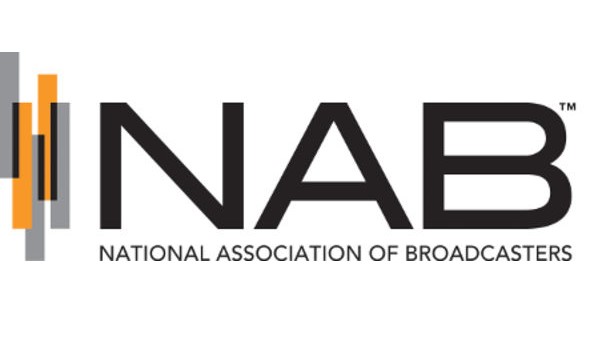NAB to FCC: Don’t Tinker With White Space Proposal
Organization collaborated with Microsoft on many components

The professional video industry's #1 source for news, trends and product and tech information. Sign up below.
You are now subscribed
Your newsletter sign-up was successful
WASHINGTON—The NAB does not want the FCC to tinker too much with the proposed adjustments to the rules governing TV white spaces that it worked out with Microsoft, arguing that doing so could jeopardize existing and future TV services.
TV White Space (TVWS) refers to the portions of broadcast television bands that are not used by TV stations. In February, the FCC unveiled a Notice of Proposed Rulemaking that would allow wider use of TVWS by other devices while also, the FCC claims, protecting TV reception from interference.
The NAB, in comments filed on May 4, said it is in general support of these proposals thanks to its collaboration with Microsoft, however it warns the FCC of overstepping and undoing that work. NAB offered three specific instances where this could happen.
The first is that the FCC should not—and legally cannot, according to NAB—seek to rewrite Part 15 of its rules, which ensure unlicensed operations don’t cause interference, in an attempt of “balancing policy considerations.”
“The commission’s foremost consideration in this process must be ensuring that the rules it adopts will not set the stage for harmful interference to existing or future broadcast television operations—not simply expanding the opportunities for a technology that has thus far failed to live up to its alleged promise and produce meaningful results,” the NAB’s comments read.
The NAB continues by arguing the FCC should adopt Microsoft’s proposed coordination requirement for TVWS operations where the HAAT (heights above average terrain) exceeds 250 meters rather than substitute its own judgement. The proposal currently suggests that Microsoft’s proposal, which includes identifying and notifying TV licensees using the TVWS, is too burdensome. NAB says that the proposal was modeled after the FCC’s Part 101 procedures and “sets forth a reasonable process to help ensure that broadcasters actually receive notification of the proposed operations and that they have a realistic opportunity to observe how those operations actually affect service in the real world.”
The last point the NAB makes is that the FCC should not allow higher power operations on first-adjacent channels to TV operations. “There has not been a single development in white spaces deployments or technology that would warrant revisiting the relevant rules at this time,” NAB wrote.
The professional video industry's #1 source for news, trends and product and tech information. Sign up below.
PLUS: Senators Push for FCC Action on White Spaces
“The commission should take a measured approach to loosening its rules to facilitate TVWS operations in this proceeding,” NAB wrote. “While we agree with most of the proposals set forth in the NPRM, we urge the commission to adopt the special coordination procedure Microsoft proposed in its petition for rulemaking, and not to make any changes to the existing rules governing first-adjacent channel operations.”
NAB’s full comments are available online.
